2023 ULTIMATE GUIDE OF RED LIGHT THERAPY
EVERYTHING YOU NEED TO KNOW IS HERE
What is red light therapy?
Red light therapy, also known as low-level light therapy (LLLT), photobiomodulation, or biostimulation, is a non-invasive treatment that utilizes red light wavelengths to penetrate the skin and deliver therapeutic benefits. Red light wavelengths range from 630 nanometers (nm) to 700 nm and are typically generated by light-emitting diode (LED) devices.
How does the therapy light work?
Mitochondria need an enzyme called cytochrome c oxidase to effectively bind with oxygen and produce cellular energy (ATP). Red and near-infrared light helps facilitate this process.
Cytochrome c oxidase and oxygen work together so that energy production and cell respiration can happen, providing energy for the body's functions. However, when we live in a stressful environment, such as work pressure, air pollution, pesticides, heavy metals in food, artificial light at night, and air pollution, these toxins hinder our cells' ability to produce energy. Although the exact mechanism is still under debate, many researchers believe that nitric oxide (NO) plays a pivotal role. While NO plays many important roles in the body, too much NO in the wrong place, or when our cells do not have the antioxidant capacity to suppress NO buildup, can hinder ATP production in mitochondria, as NO begins to compete with oxygen in mitochondria.
In unhealthy cells, NO binds with cytochrome c and prevents it from binding with oxygen, essentially stopping mitochondria from using oxygen. Thus, NO inhibits the effective production of ATP. Without oxygen, mitochondria cannot effectively produce ATP, so anything that slows down oxygen utilization by mitochondria will significantly slow down energy production. Therefore, in unhealthy cells, nitric oxide prevents cytochrome c from getting enough oxygen molecules, which hinders ATP production, leading to mitochondrial and ultimately cellular dysfunction. Several research teams worldwide have shown that red and near-infrared light essentially prevents NO from pairing with cytochrome c oxidase. It expels NO, allowing oxygen to enter! This gives cytochrome c oxidase access to oxygen molecules, enabling effective mitochondrial function.

Is red light therapy safe?
Red light therapy is generally considered safe, with few risks or side effects reported.Numerous studies have also shown that it is safe to use red therapy lights at home.
However, it is important to follow the device's instructions carefully, as overuse or misuse can lead to skin irritation or burns.
Some individuals may experience mild side effects, such as slight redness or tingling sensations, but these typically resolve quickly and do not require medical attention.
As with any medical treatment, it is essential to consult with a healthcare professional before starting red light therapy, especially if you have a medical condition that may be worsened by exposure to light.
How to use red light therapy at home?
Red light therapy can be performed at home using a variety of devices. These devices range from table stand to full-body panels and can be purchased online or at local health stores.
To use red light therapy at home, follow these steps:
1.Choose a device: Select a device based on your needs and budget. Devices typically range in price from $30 for handheld wands to over $1,200 for full-body panels.
2.Cleanse your skin: Before using red light therapy, cleanse your skin of any makeup, lotions, or oils.
3.Position the device: 10-minute use at 16-24 inches from your device is optimal. 15-20 minutes for symptomatic areas may be beneficial, but beyond that, the evidence points to diminishing returns(The body can only absorb so much light at once)
4.To get the most out of your Bontanny using, consistency is key,once daily use, although 2-3 times per day may be beneficial for symptomatic areas
5.Protect your eyes: Be sure to protect your eyes from the light by either closing them or wearing protective eyewear.
6.Turn on the device: Turn on the device and follow the manufacturer's instructions for duration and frequency of use.
How long to use red light therapy?
The duration and frequency of red light therapy sessions depend on the condition being treated and the device being used. In general, most studies have used a duration of 20-30 minutes per session, with daily or every-other-day use for several weeks.
For example, in a study published in the Journal of Cosmetic and Laser Therapy, researchers found that using red light therapy for four weeks at 20-minute sessions, three times per week, resulted in a significant improvement in skin texture and wrinkles.
Similarly, a study published in the Journal of Athletic Training found that using red light therapy for 12 minutes per session, three times per week, resulted in significant improvements in muscle soreness and recovery in athletes.
Proven benefits of red light therapy and how it all works?
1.Red Light Therapy for the Face
Red light therapy is a non-invasive treatment that can help to improve the appearance of the skin on the face. It is believed to work by increasing collagen production, which in turn can help to reduce the appearance of fine lines and wrinkles. Additionally, red light therapy can help to improve skin texture, tone, and clarity.
It help to reduce the appearance of scars. This is because red light therapy can help to stimulate collagen production, which can in turn help to repair damaged skin cells. Additionally, red light therapy can help to reduce inflammation, which can further help to improve the appearance of scars.

2.Red Light Therapy for Hair Loss
Red light therapy can help to increase blood flow to the scalp, which can further help to promote hair growth.
One of the main benefits of red light therapy for hair loss is that it has no side effects. This makes it an attractive option for people who are looking for a natural way to promote hair growth.
Another benefit of red light therapy for hair loss is that it is relatively affordable compared to other hair loss treatments. This makes it a good option for people who are looking for a cost-effective treatment for hair loss.

3.Red Light Therapy for Weight Loss
Red light therapy can help to improve metabolism. This is because red light therapy can help to increase energy production in the cells, which can in turn help to increase metabolism.
Red light therapy help to reduce inflammation. This is because red light therapy can help to reduce oxidative stress, which can further help to reduce inflammation.
4.Red Light Therapy for Pain Relief
Red light therapy has also been found to be beneficial for pain relief. This therapy works by increasing blood flow to the affected area, which can in turn help to reduce inflammation and pain. Additionally, red light therapy can help to stimulate the production of endorphins, which can further help to reduce pain.
Red light therapy can help to increase the production of anti-inflammatory cytokines, which can in turn help to reduce inflammation.

5.Red Light Therapy for Acne
Red light therapy works by stimulating the production of collagen, which can help to reduce the appearance of acne scars. Additionally, red light therapy can help to kill bacteria that cause acne, which can further help to improve acne symptoms.

Red light therapy pros and cons
Pros |
Cons |
Non-invasive & painless |
Requires regular sessions for benefits to be maintained |
Promotes healing & reduces inflammation |
Full-body red light therapy expensive |
Increases collagen production & improves skin |
Not covered by insurance |
Improves muscle recovery & reduces soreness |
More research in progress |
Convenient and easy use |
|
Which red light therapy to buy?
- Price: Devices range from under $50 to over $1,200, so it is essential to consider your budget.
- Size: The size of the device will determine the target area, so it is essential to choose a device that fits your needs.
- Power: The power of the device will determine the intensity of the light and how deeply it penetrates the skin.
- Features: Some devices offer additional features, such as adjustable timers.
Bontanny Portable Series Red Light Therapy:
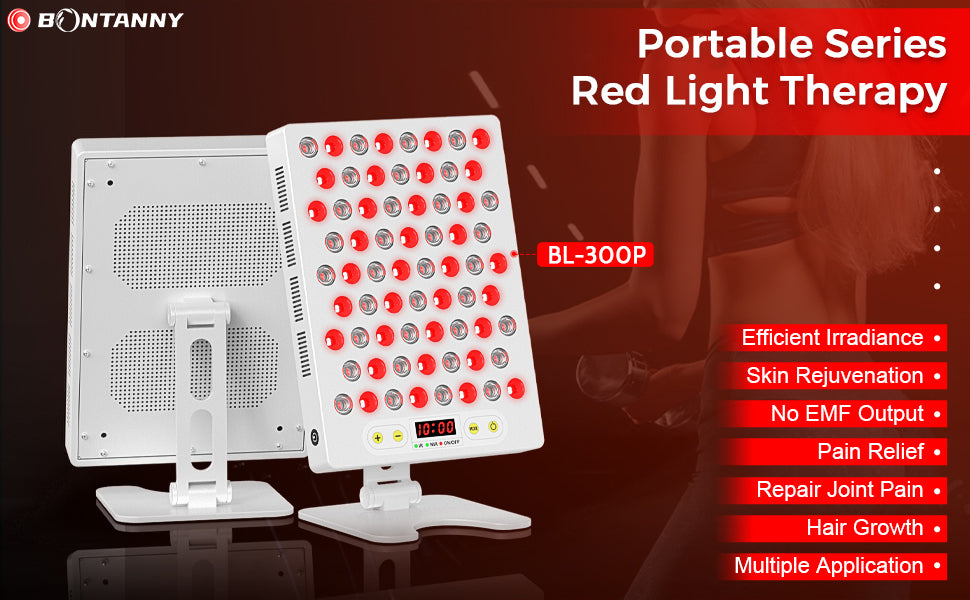

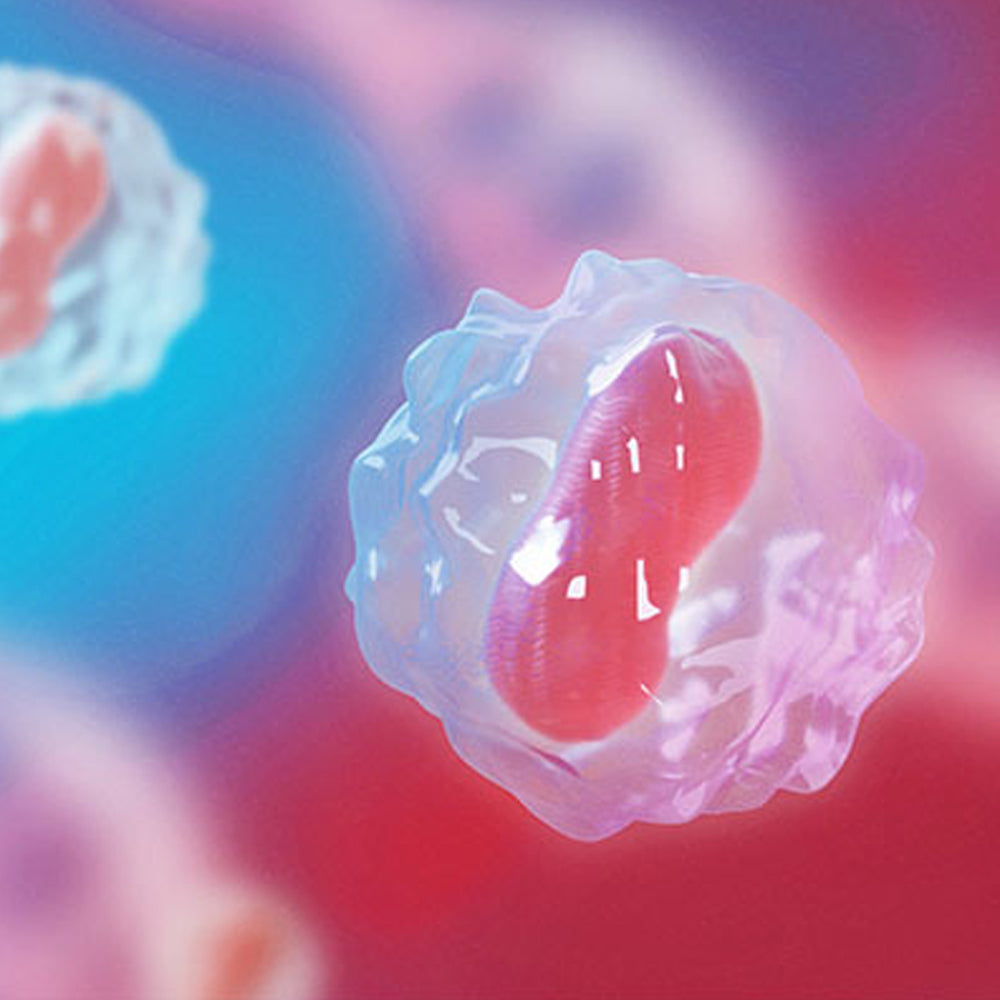



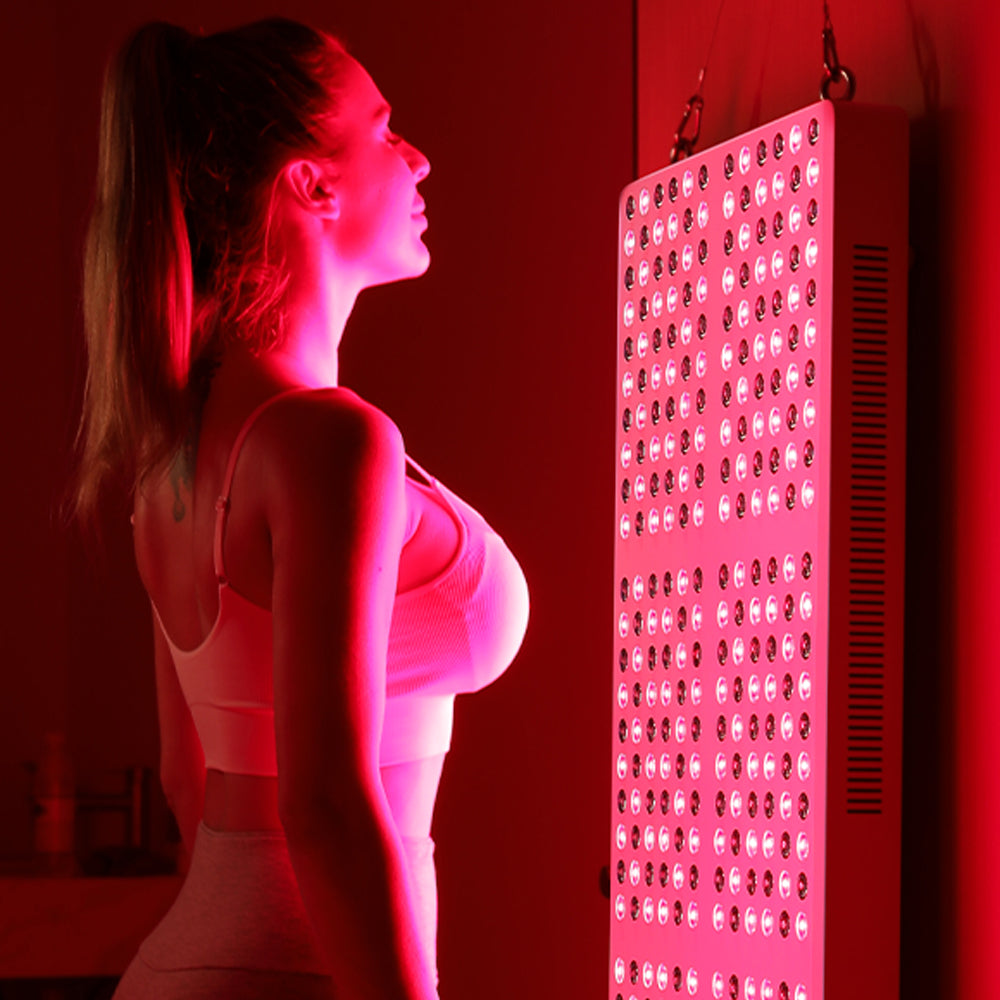
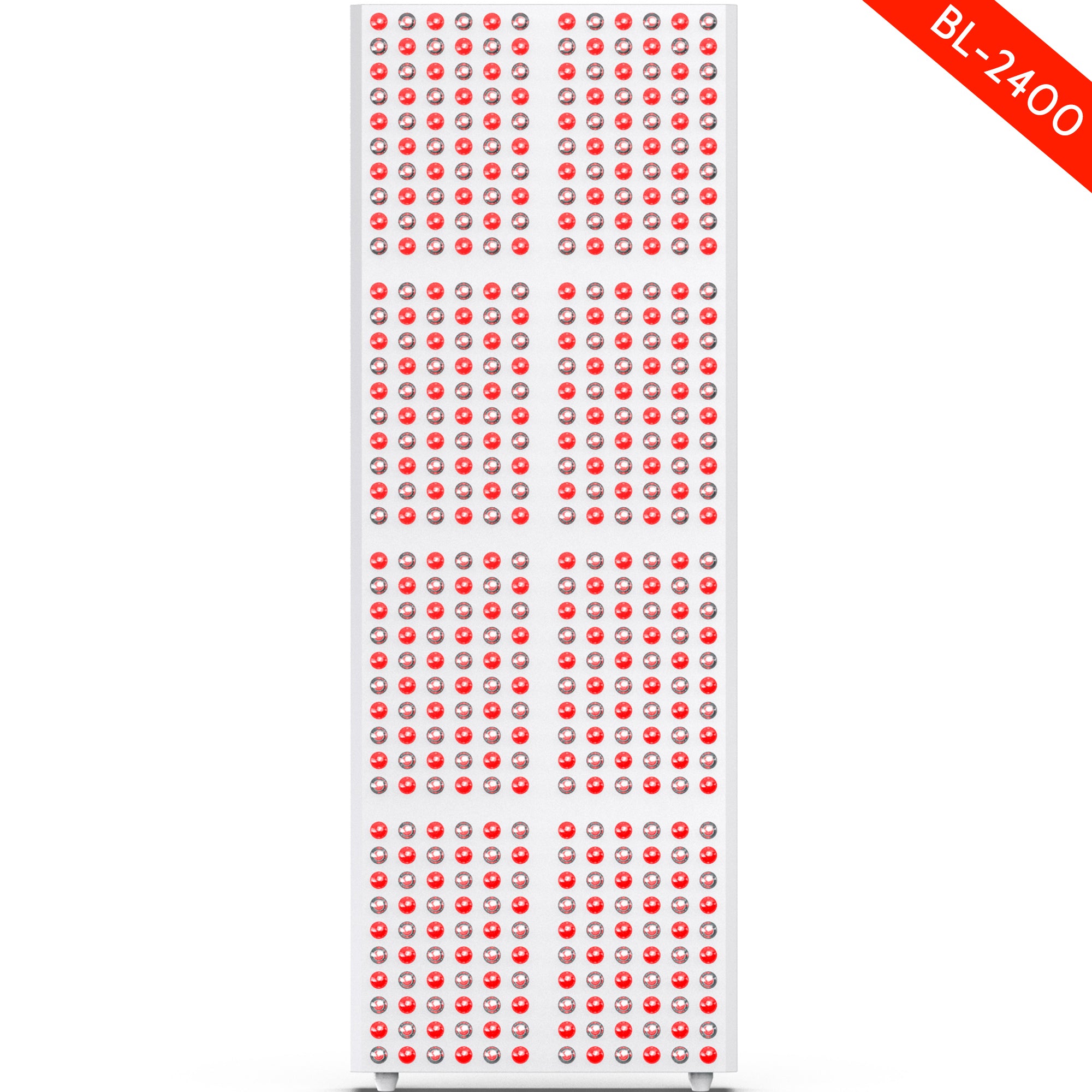
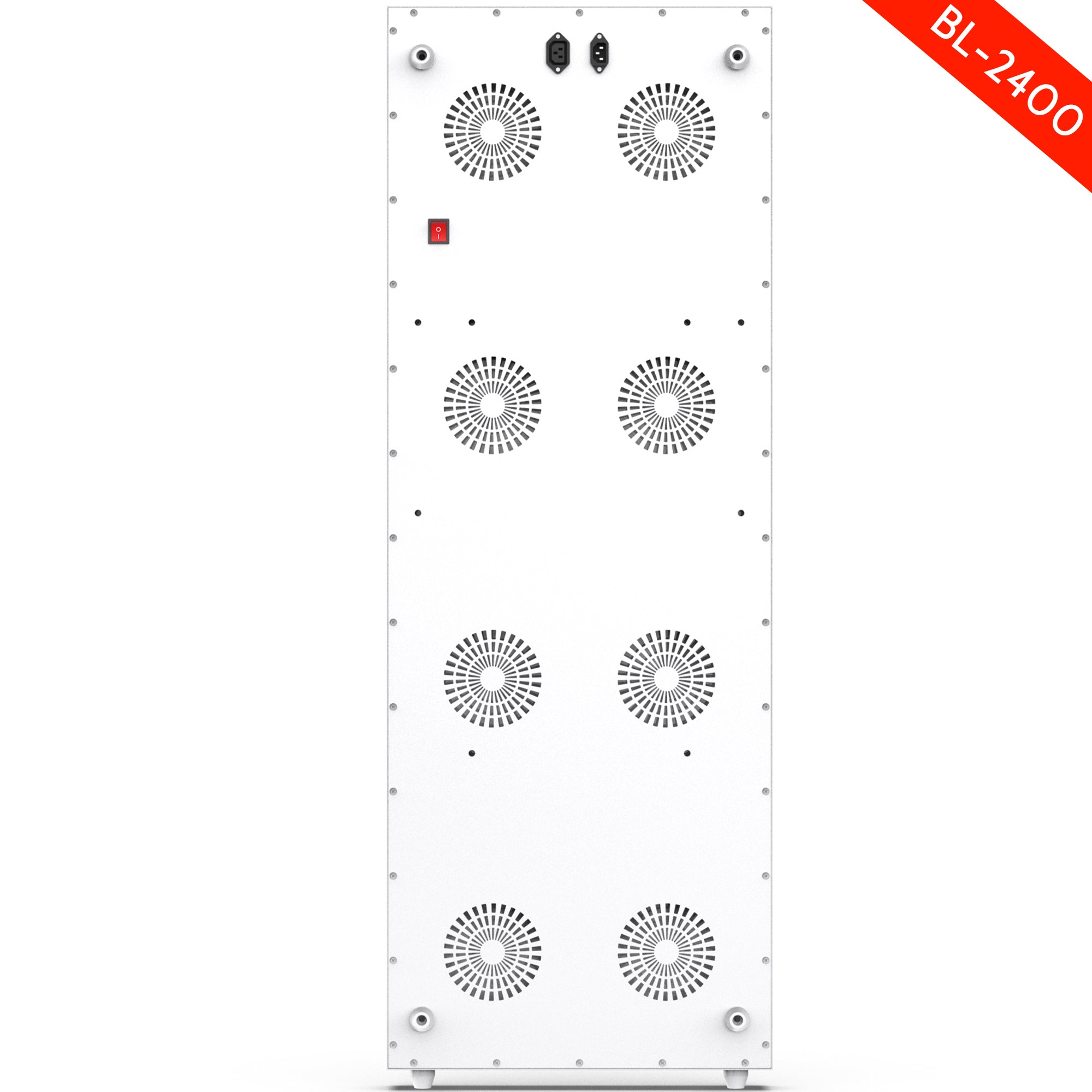
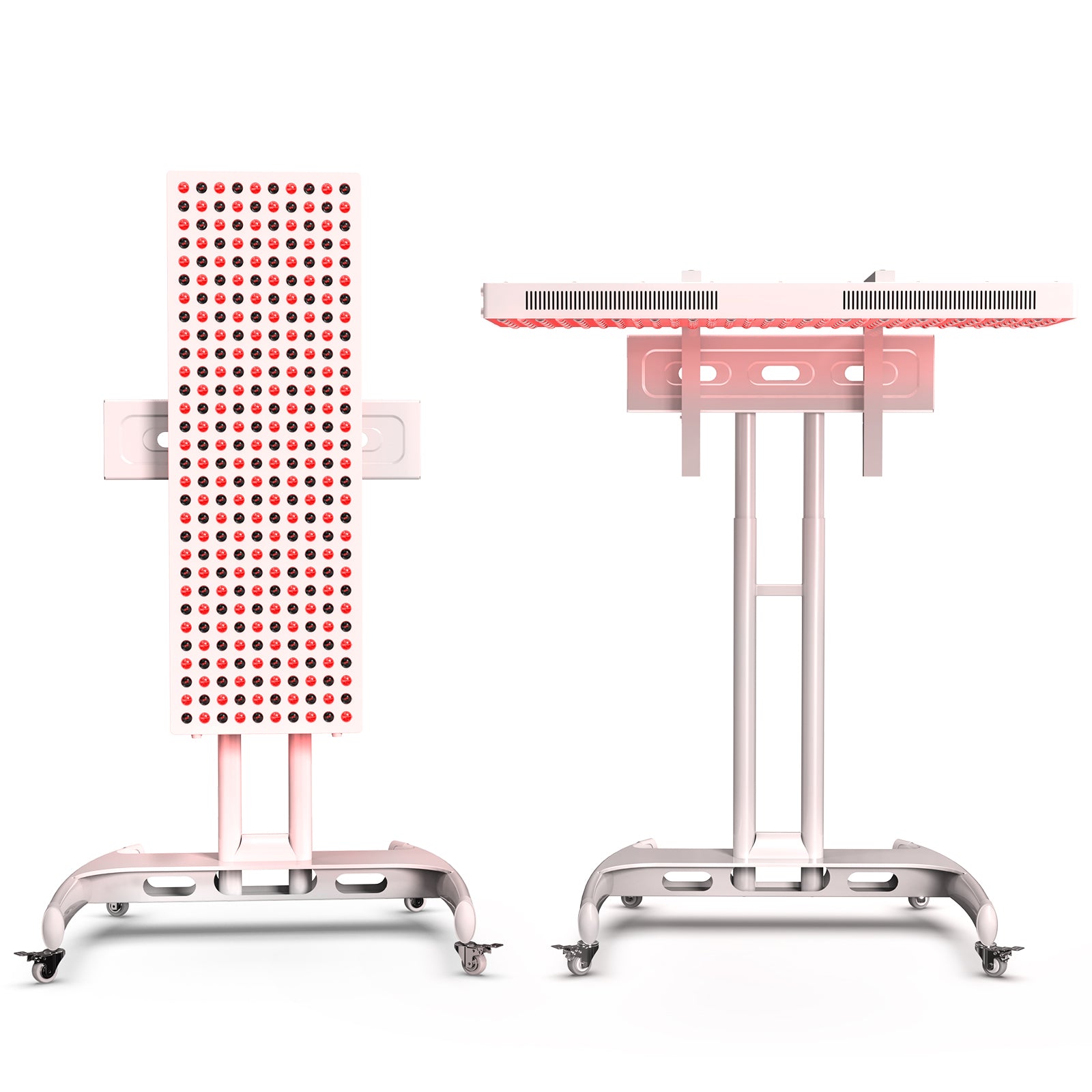
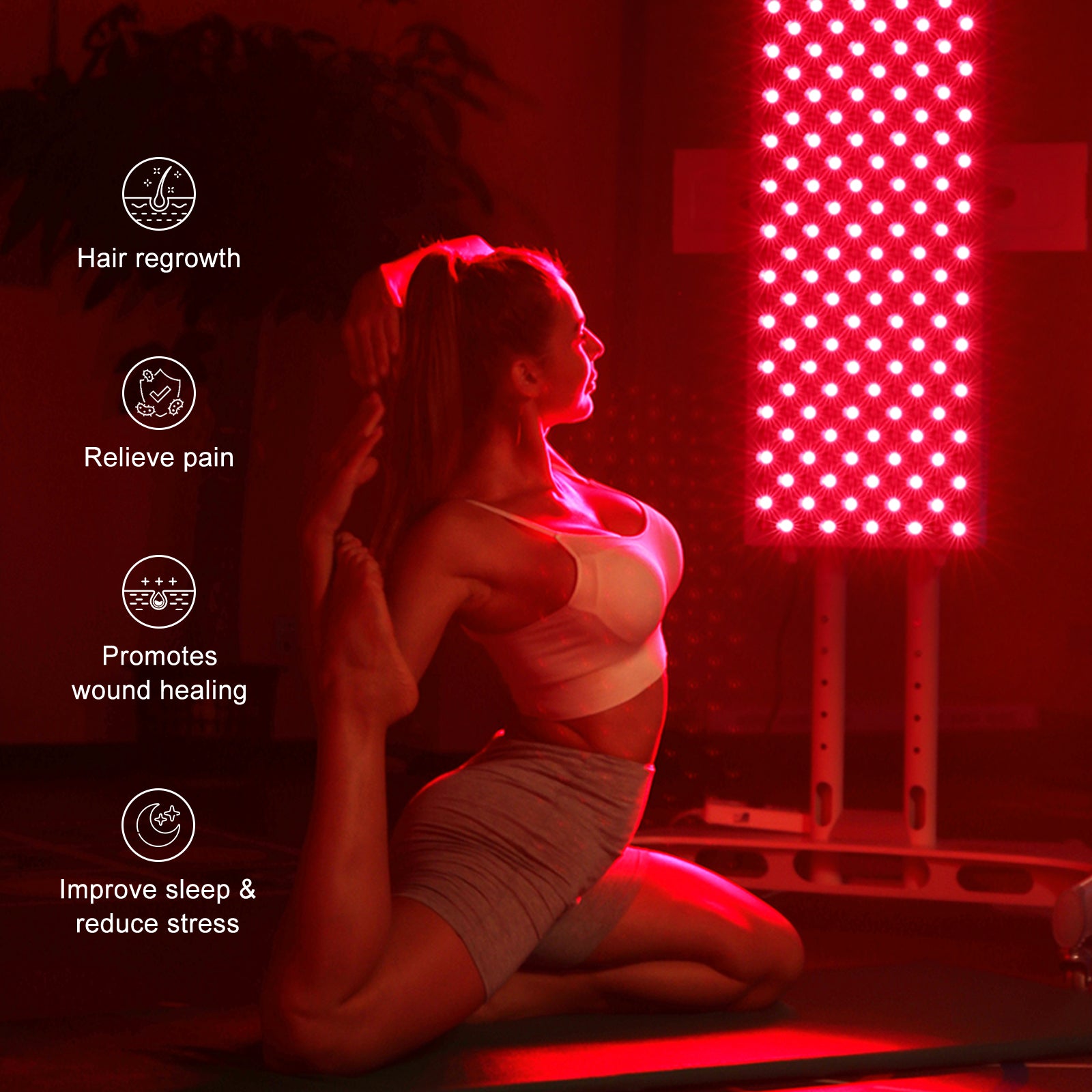
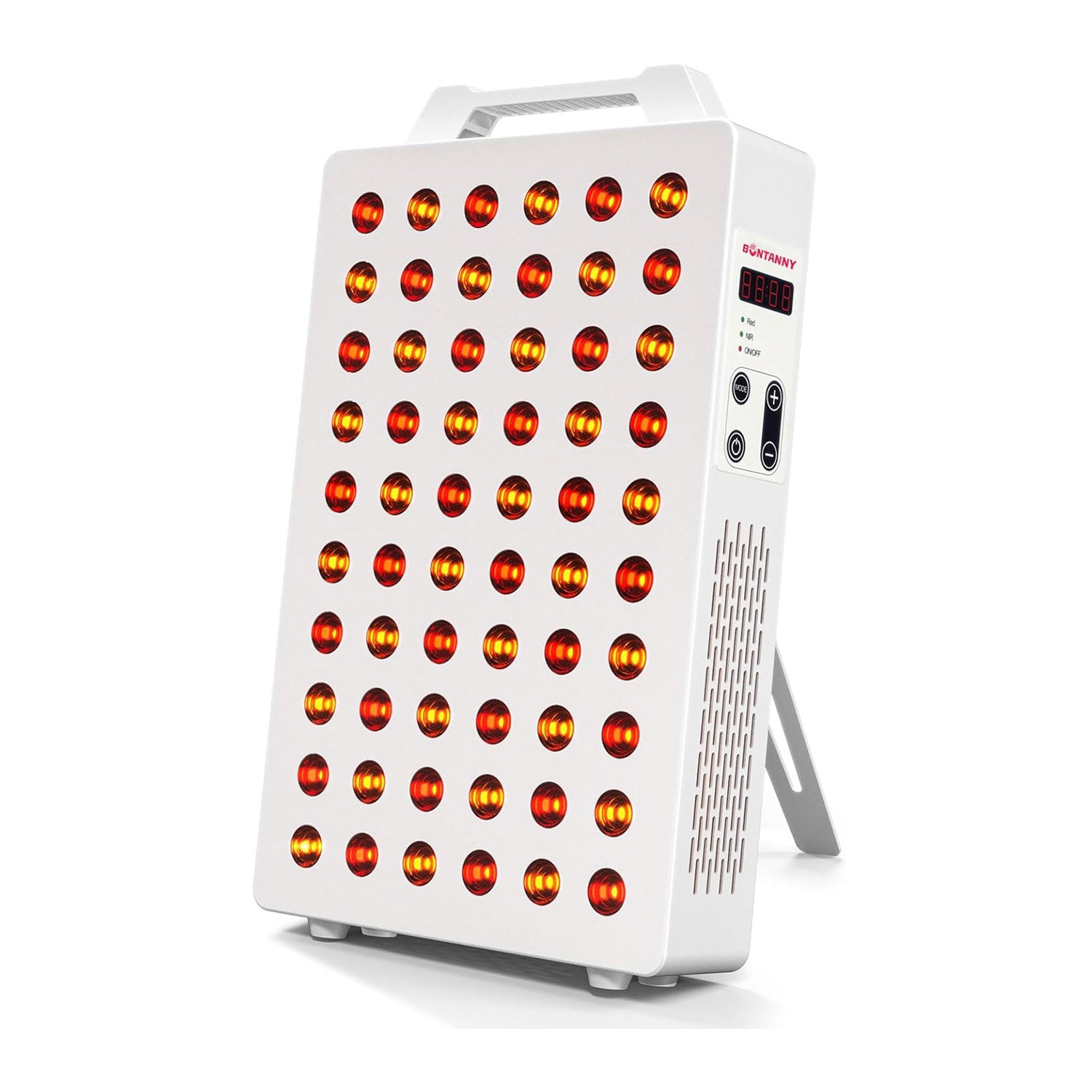
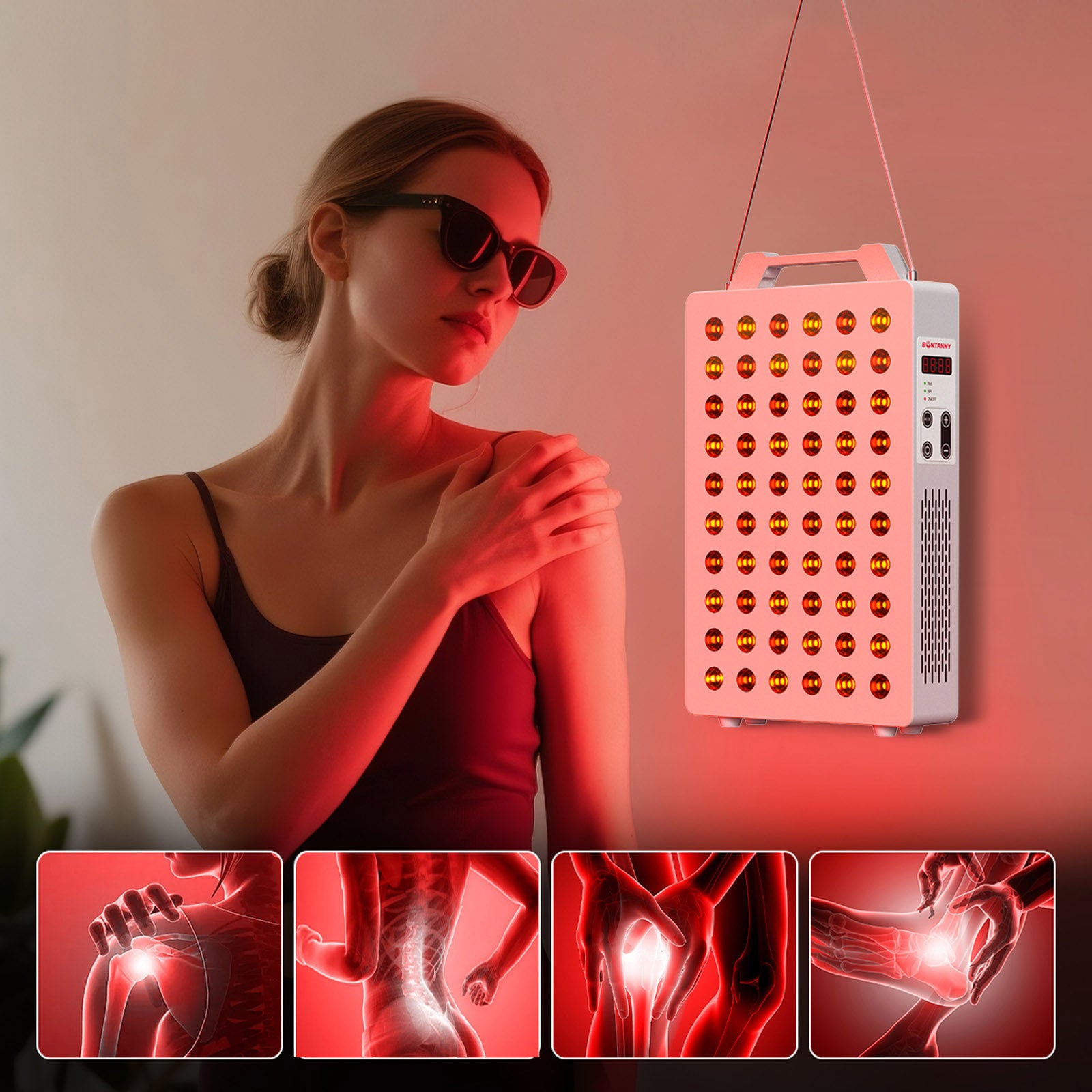
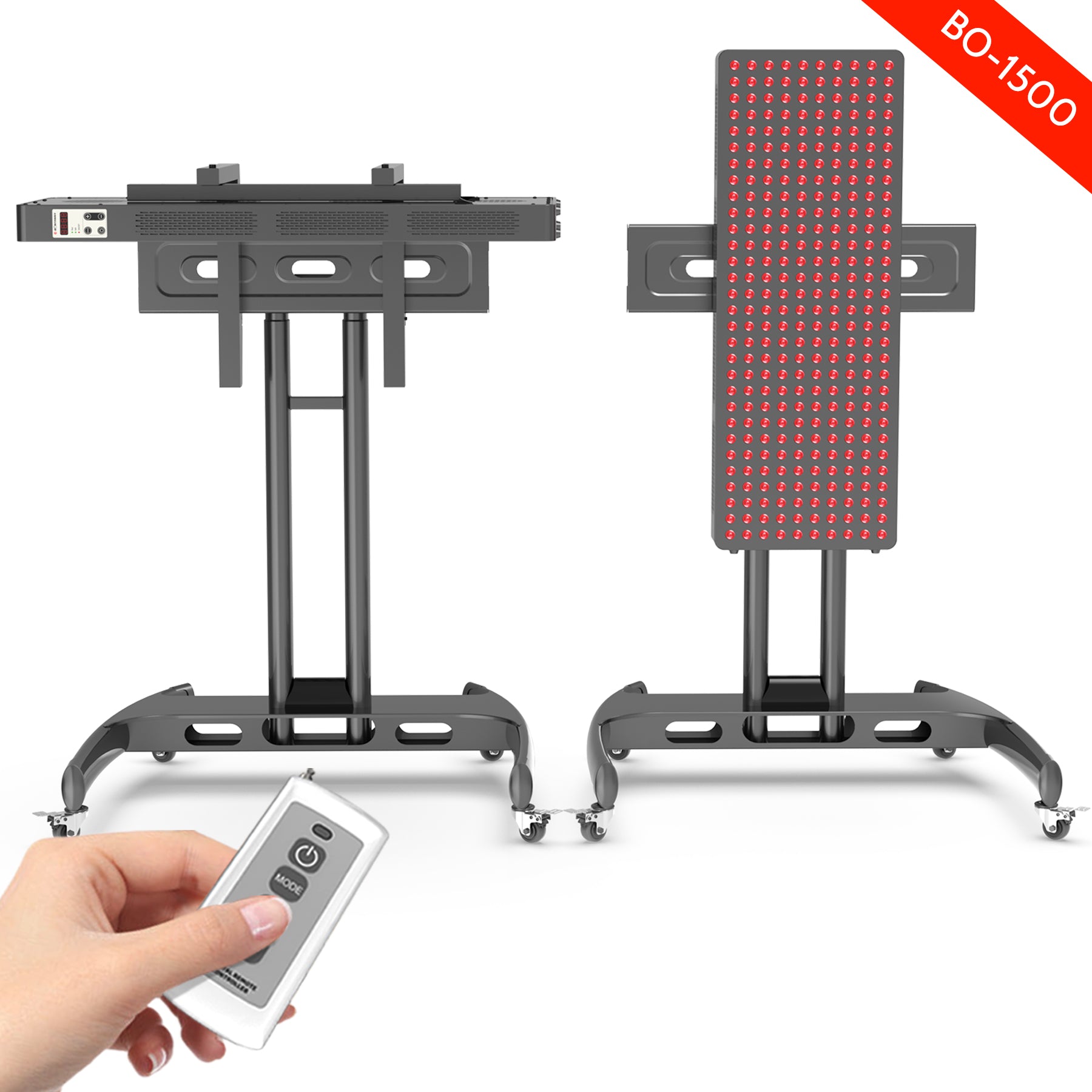
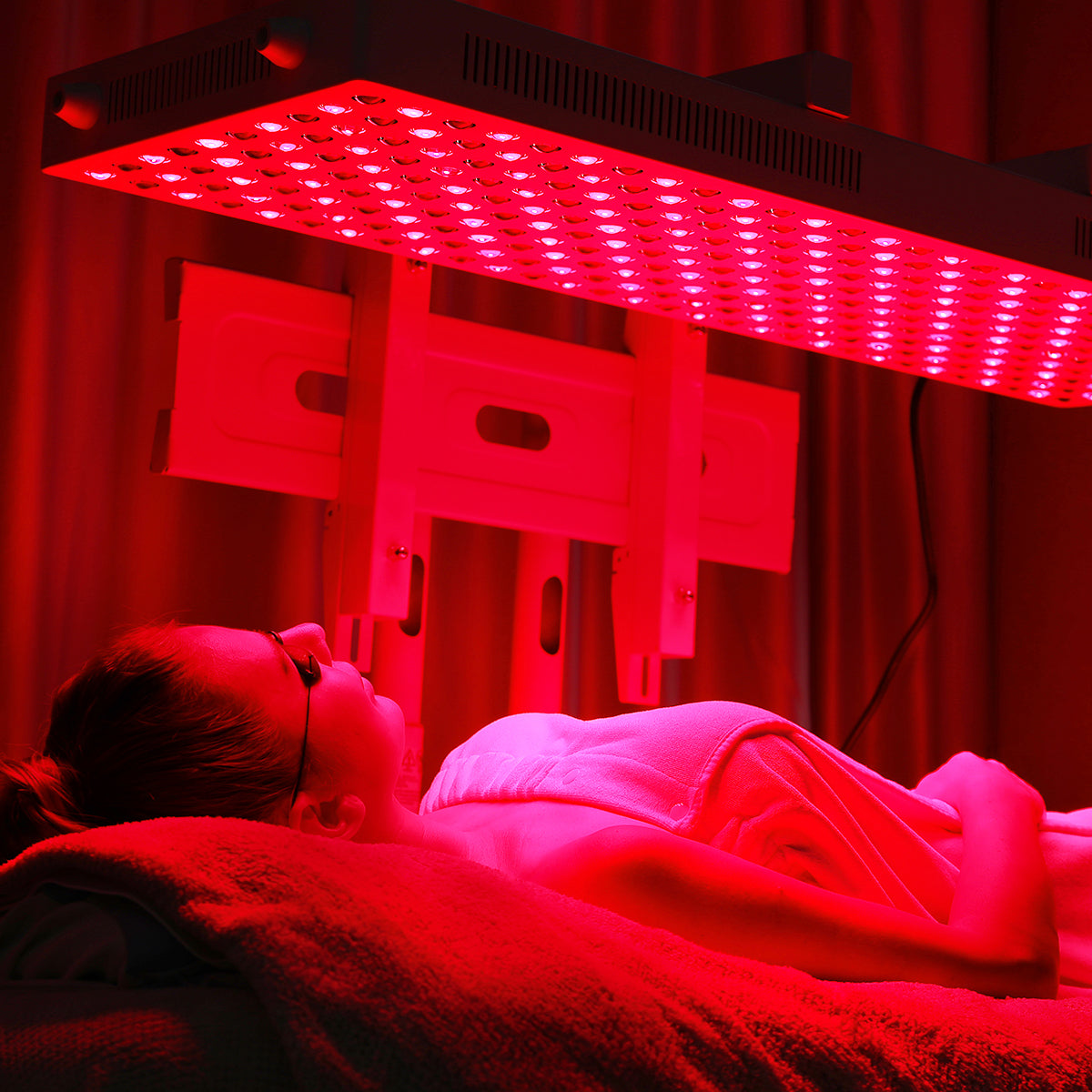
Leave a comment
This site is protected by hCaptcha and the hCaptcha Privacy Policy and Terms of Service apply.